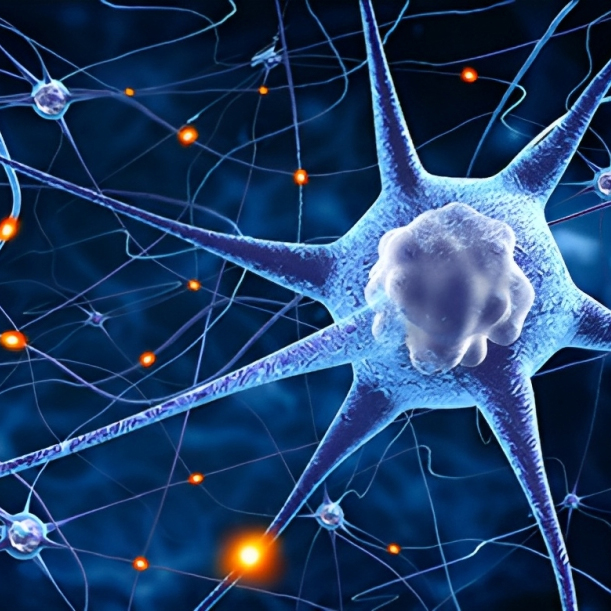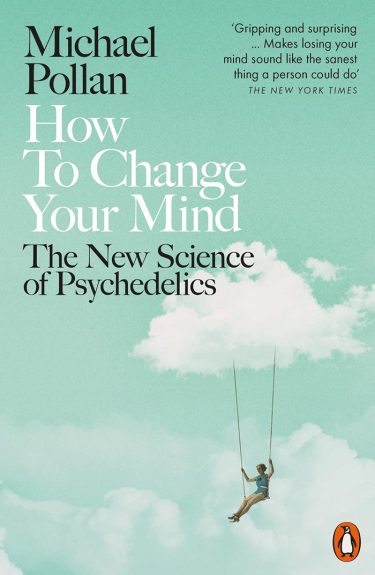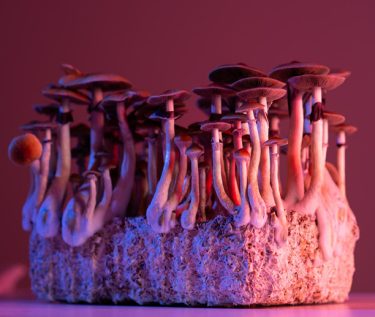


The awareness that you want to change your thought patterns: realising you are stuck in a rut, or a looping narrative in your mind of negative thoughts may create some space between you and the loop. Awareness is key. Start exploring the thought processes that feel prevalent for you, whether positive or negative.
The desire to change: once you’ve cultivated that awareness, the desire to change and create a new way of thinking and being can be a huge motivator. Consider exploring the ways in which you’d like to change your thoughts patterns and behaviours.
https://www.youtube.com/watch?v=hwu28dZLcGM.
